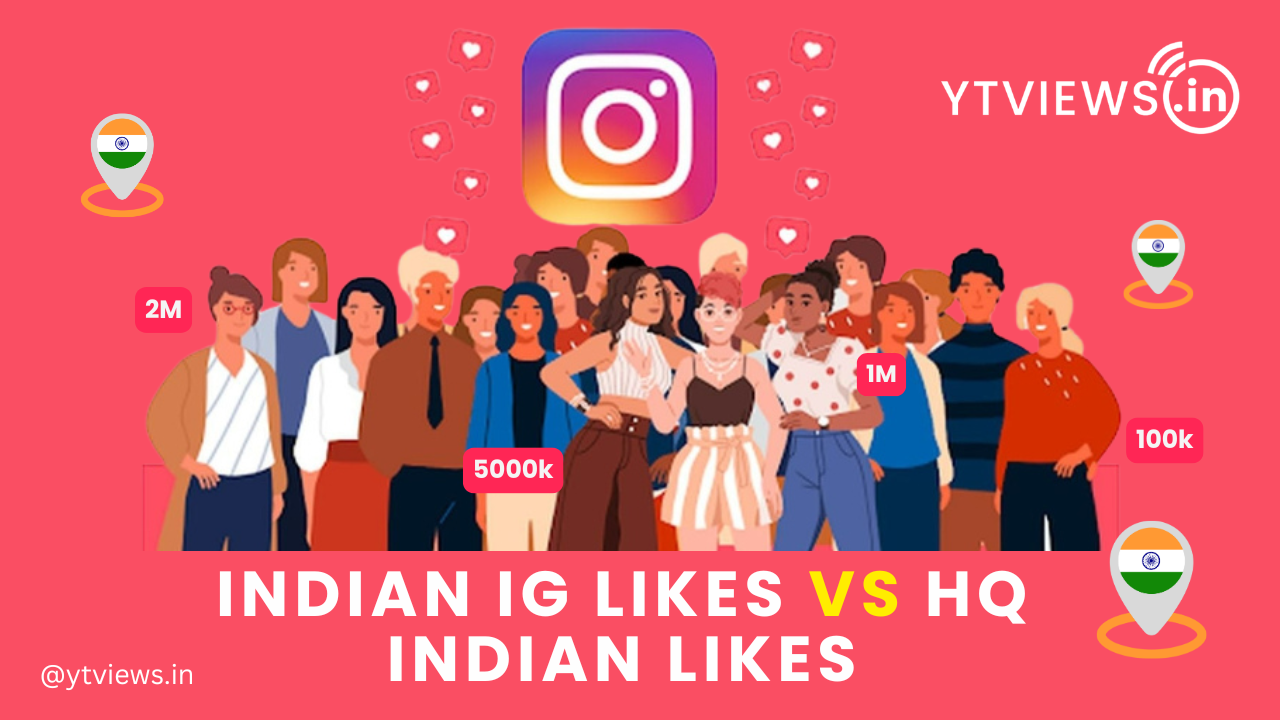4 types of influencer marketing campaigns for small budgets
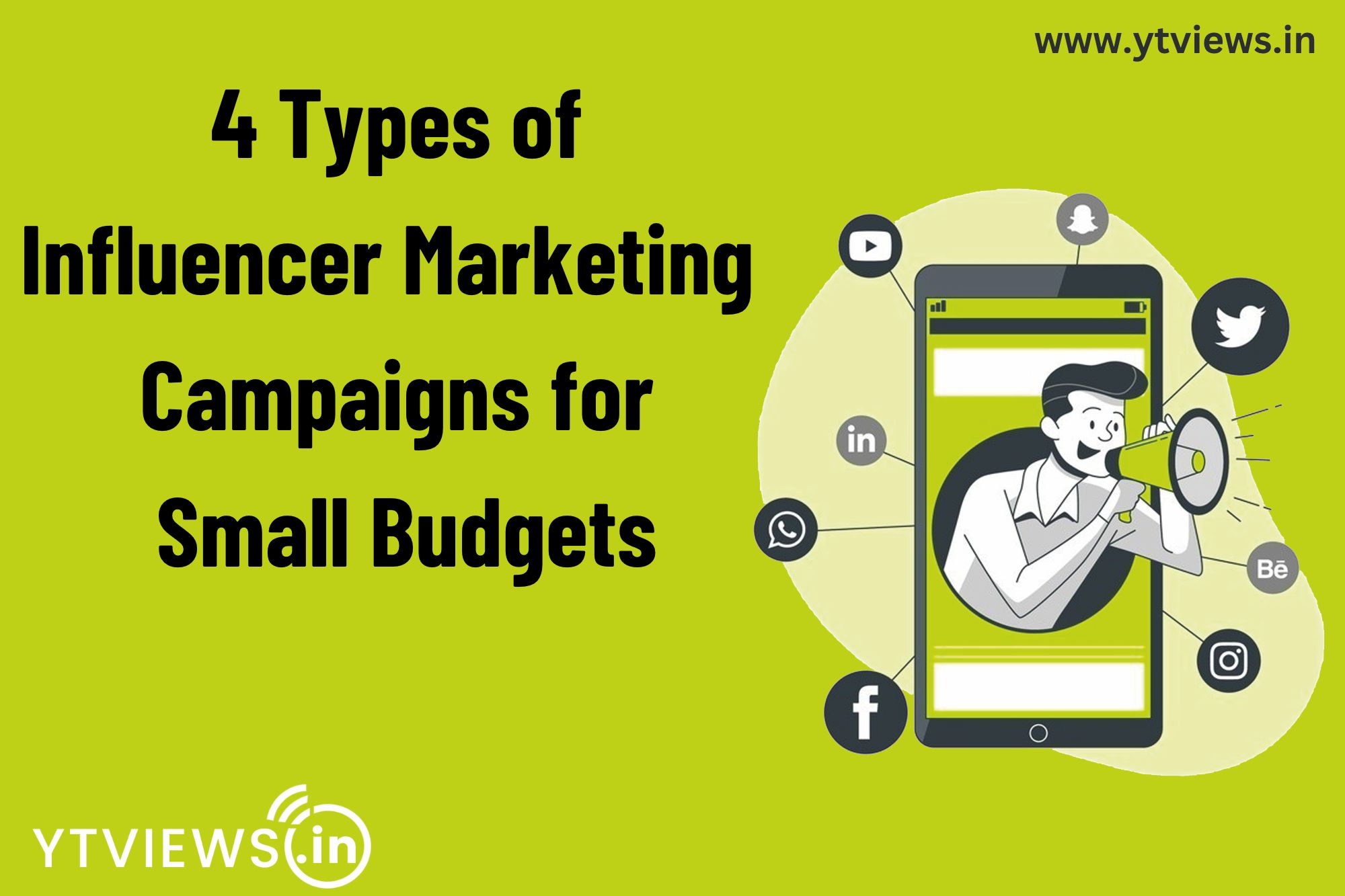
No stranger to influencer marketing benefits, small businesses have psychological barriers holding them back. They still consider influencers an elusive commodity that only the rich and famous can afford.

Here’s a stat that proves my point: Campaign Monitor surveyed 1000 small businesses to understand their marketing challenges. The majority of respondents said that out of all prevalent marketing channels, they found influencer marketing to be the hardest to navigate.
Little do they know that the influencer marketing market is ripe for small businesses.
Influencer marketing campaigns are more affordable than ever before. In fact, 60% of content creators are willing to work for lower than normal rates, and 87% just for product freebies of high value. If that doesn’t motivate small businesses to jump into the fray, I’ve got four cost-effective influencer marketing campaign ideas below.
Niche influencer marketing
If you plan to use influencers to build your industry reputation and achieve targeted reach, niche influencers are your best bet.
These influencers are industry experts, opinion makers, and thought leaders. Most of them are micro- or nano- influencers who believe in the adage of quality over quantity – both in terms of follower count and client count.
Don’t be fooled by their modest followership. Research (cited before) proves that engagement is higher when influencers have fewer followers. Niche influencers work for a select few clients who can add value to their personal brand. They rarely ever work for monetary gains. They believe in value exchange.
Because their followers take their word for law. If they collaborate with mismatched brands just for money, their credibility suffers. They lose authenticity, which is what differentiates them from other influencers.
For all of these reasons, niche influencers are tailor made for small businesses. But identifying them is a tough task. You need to find the perfect combination of content-creation skills, topical authority, and domain expertise.
I recommend that you use tools for influencer discovery. They can vet thousands of profiles objectively and spot fraudulent influencers from miles away. A small investment at this stage can save you megabucks in the long term. So, don’t skimp on influencer research.
Once you find and onboard your perfect niche influencer, put them to work. To flaunt your influencer’s domain knowledge, have them participate in expert roundups and panel discussions. You get a competitive advantage that levels the field when competing with bigger brands. You can even arrange influencer events for PR. The sole purpose of influencers will be to promote your brand/products to potential investors and customers.
Product collaboration
Relationships – with customers and influencers – are the bedrock of influencer marketing. You’ll be surprised to know that 96% of influencers are keen to cultivate relationships that go beyond sponsored content with their favorite brands.
Content-creators want a bigger say in the product development process as well. They want to help plan and develop the products/services their partner brands are offering.
Three reasons for this:
- They get to show off their unique voice and style.
- They deliver better value to their followers.
- They lay the foundation for enterpreneurship.
For small businesses, co-creating products with influencers is a winning strategy.
By making influencers a stakeholder, brands earn influencer loyalty and exclusivity. Plus, influencers bring their loyal, engaged followers who have a stronger purchase intent as compared to random consumers.
If you’re sold on this tactic, create dedicated landing pages for your influencer-led products. They help with the attribution and tracking of influencer-led traffic.
To make this tactic work, give your influencers as much creative freedom as possible. You want their creativity and uniqueness to shine through.
Sponsored reviews
Sponsored reviews might look like a done-and-dusted tactic, but they still work, especially when they come from influencers.
Better still, use your loyal customers and employees as mouthpieces. There’s no rule that says influencers should be celebrities. In fact, relatable influencers are 2x more trust-inspiring than plastic icons.
More importantly, 88% of people trust reviews from other consumers almost as much as they trust recommendations from friends.
If you’re still inclined to use influencers to write reviews, better to opt for ones who have an affinity towards your brand. You can use social listening tools like Mention to identify influencers who are talking passionately about your products.
Approach them with an enticing collaboration proposal, and they should be happy to promote your brand, maybe even for free.
Encourage your influencers to create reviews in varied formats to cater to audiences with different tastes. They can share user-generated content from their followers of those followers using your products and raving about them.
Video testimonials from real users can be a powerful hook for new customers. Remember, community-generated content is more compelling social proof than studio-shot creative.
Don’t forget to repurpose influencer-created reviews to enrich your content strategy. Attach them to emails and sales pitches to get instant credibility.
Long-term influencer marketing through ambassadorship
Consistency is the key to stand out amidst the confused vibes on social media. That’s why brands are investing in always-on campaigns with the same set of influencers. This calls for more than sporadic partnerships with influencers.
You need to convert influencers into ambassadors.
When that happens, influencers become an extension of your brand. They embody your brand’s ethos. Their endorsements have an authentic quality since they’re rooted in true admiration for your brand.
If you work with multiple ambassadors, you can take advantage of their diverse audiences. Since each ambassador has a unique circle of influence, you expose your brand to new target groups.
You are in a better position to negotiate with influencers to work for lower rates. Many influencers yearn for steady income and stability – an aim that can be achieved through ambassadorships.
Last, you can monopolize your ambassador’s ad space. You have exclusive rights to their feeds and audiences. If you still don’t see this tactic’s merit, get this: 73% of marketers already have formal ambassadorship programs in place. Are you behind the curve?
Have your influencer-turned-ambassador take over your branded accounts and post content on your behalf. Let them interact with your customers and followers directly. If possible, allow them to announce events and gated deals.
Small business and influencer marketing is a match made in heaven. There are many innovative ways by which small businesses can capitalize on influencer marketing, even with a limited budget. Instead of shooting in the dark with unfamiliar tactics, it’s better to use the strategies I’ve explained above since they align with recent trends.
Related Posts
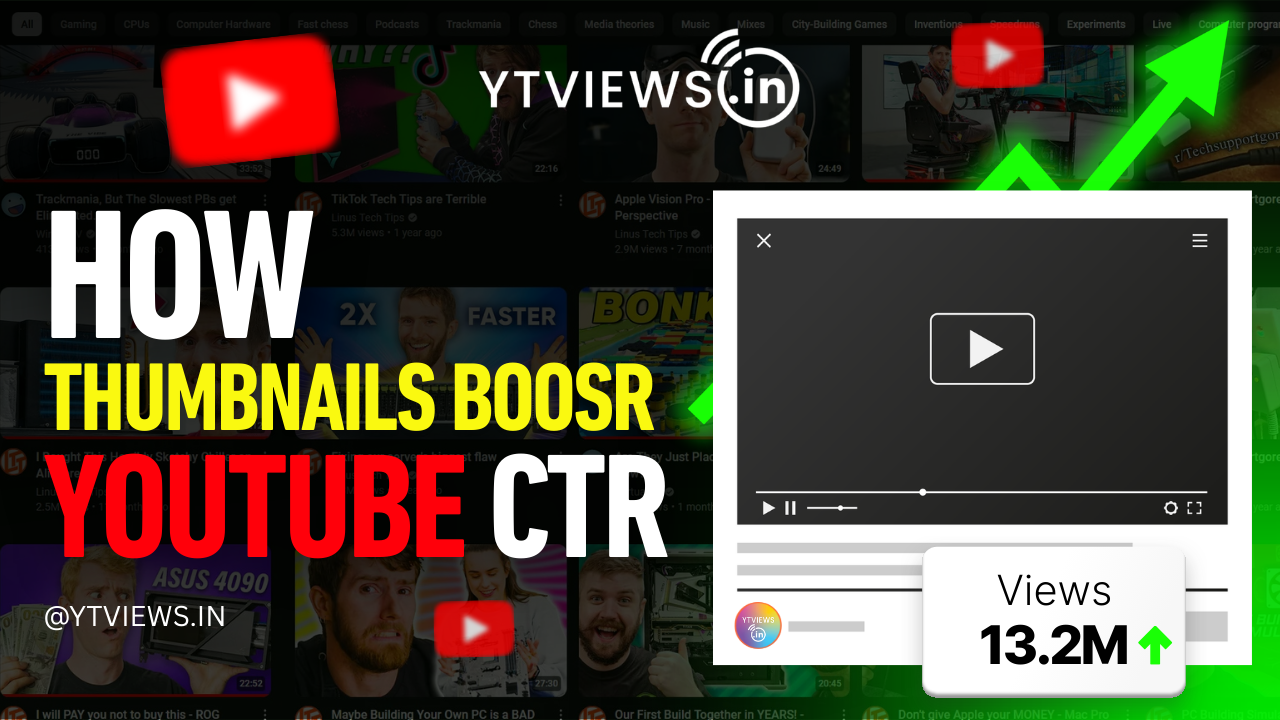
How YouTube Thumbnails Affect CTR (With Real Examples)

YouTube Adds Voice Replies & Shorts Remix Updates
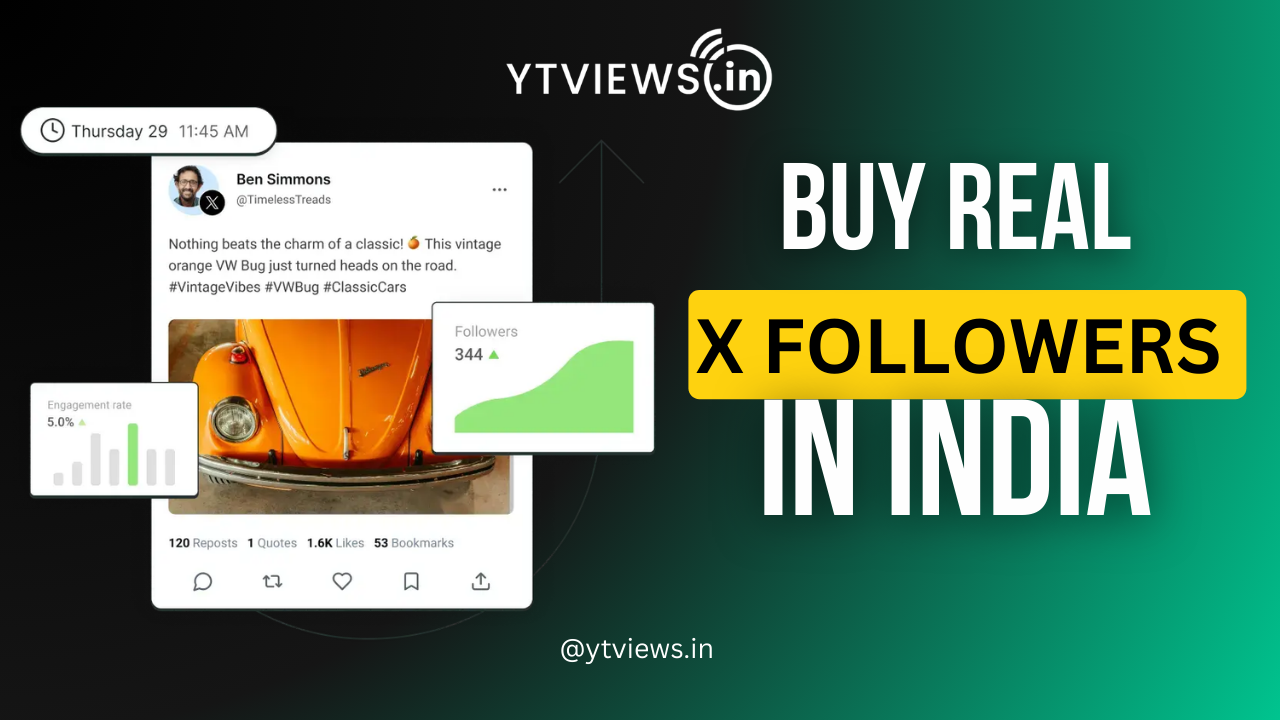
Buy Real X Followers in India for Safe Profile Growth
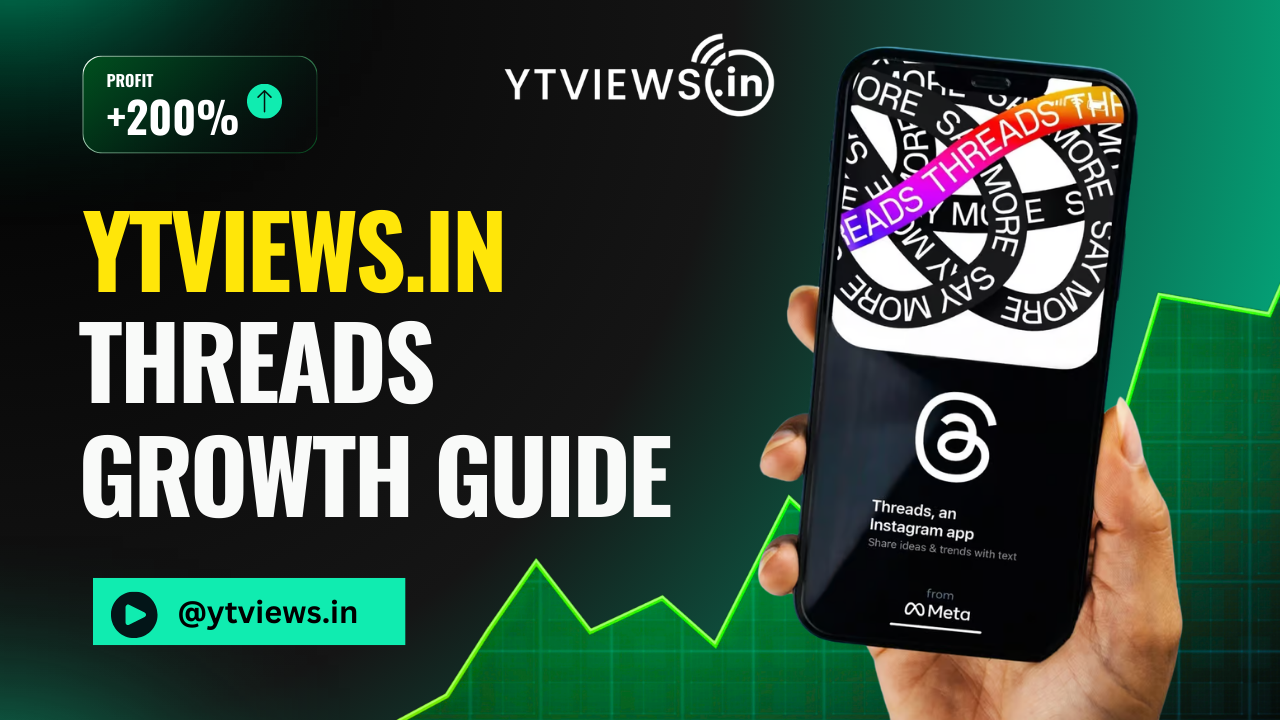
Ytviews.in Threads Followers Growth Strategy Guide

How to earn money from Instagram reels in 2026
